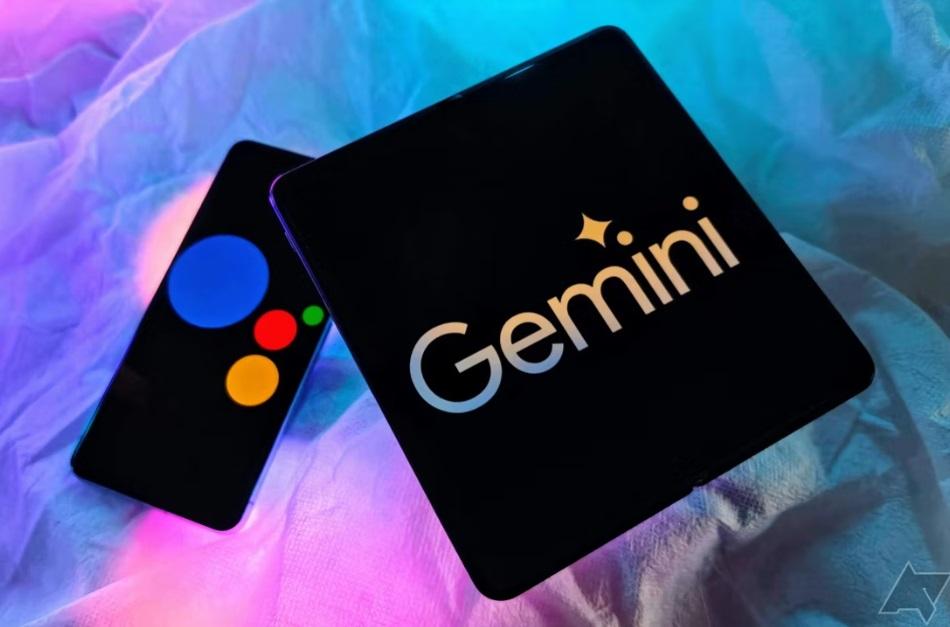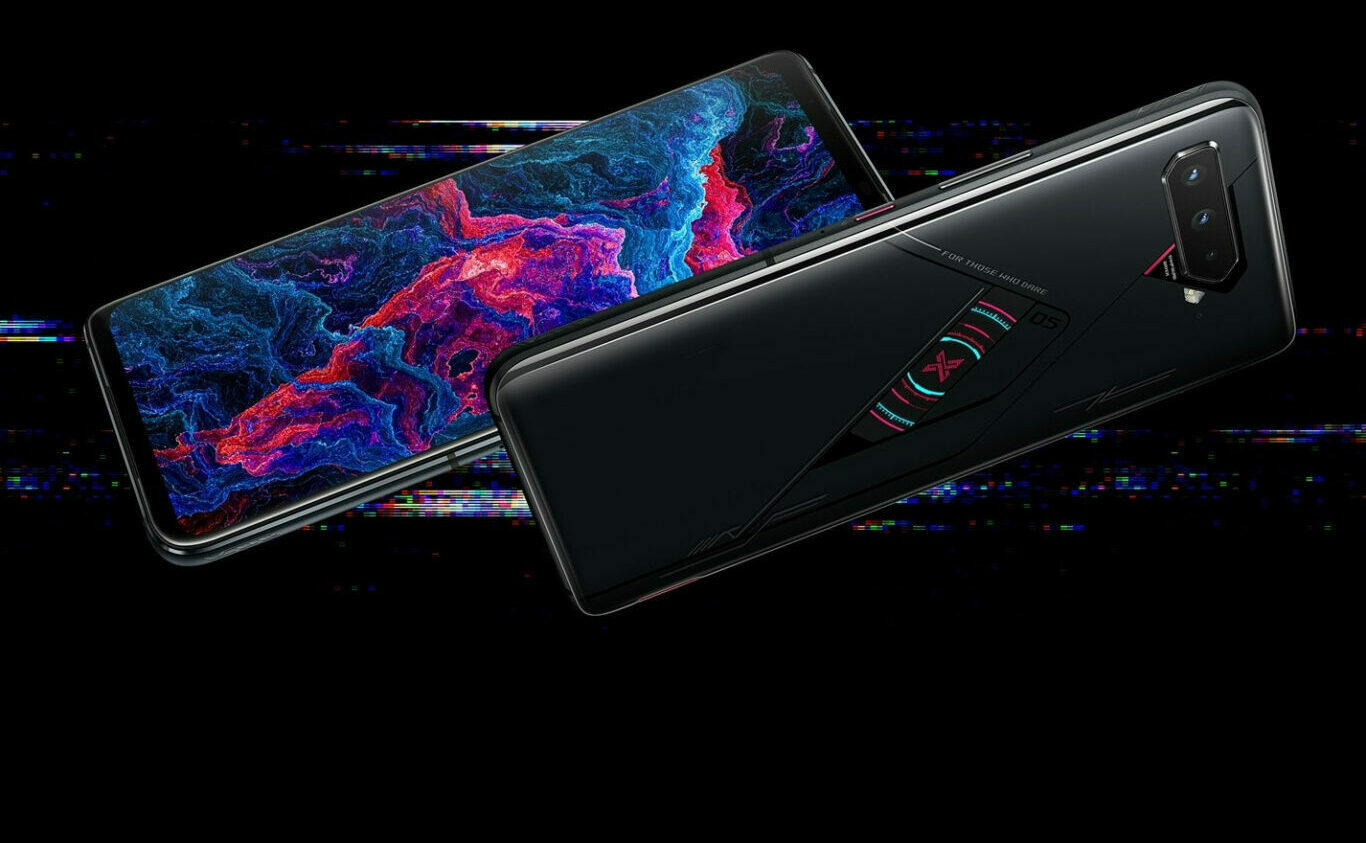桃園收購手機
桃園收購手機oppo gives up on building custom chips for its flagship phones
桃園收購手機oppo gives up on building custom chips for its flagship phones
/
With the smartphone industry in an overall decline and pressure from US export bans, 桃園收購手機oppo (and OnePlus) seem likely to stick with chip suppliers like Qualcomm.
Share this story
Chinese phone manufacturer 桃園收購手機oppo is shuttering its Zeku chip development division and letting go of its internal System-on-Chip (SoC) design aspirations, according to the South China Morning Post. The news comes as worldwide smartphone sales continue to decline and the US carries on with chip export restrictions.
Bloomberg reports 桃園收購手機oppo’s Zeku division was set up in 2019 and carried about 200 patents in its Shanghai division. Like Apple, 桃園收購手機oppo started making its own co-processors for imaging and other smartphone components but had not successfully launched its own SoC to get away from relying on other companies for the most significant chip in the device.
桃園收購手機oppo’s most recent releases include the 桃園收購手機oppo Find N2 Flip, which is powered by a MediaTek Dimensity 9000 Plus chip, while its Find X6 Pro uses Qualcomm’s Snapdragon 8 Gen 2.
Last year, the US issued sweeping restrictions on chip sales to China and other countries in the wake of the war in Ukraine. Chinese phone manufacturers, including 桃園收購手機oppo, would have to get licenses to use chips built by US-based companies.
In January, media reports indicated the US cut a deal with the Netherlands and Japan to further restrict exports of chip manufacturing technology. The move could cut off Chinese companies from suppliers like ASML — the world’s only producer of lithography machines needed to develop newer chips.
桃園收購手機oppo is a sister company to OnePlus, and the two smartphone manufacturers share many of the same components. Switching to a customized in-house chip, like rivals Apple and Google with their A-Series and Tensor chips, could have expanded the capabilities of future devices from both companies.
 Google面向手機裝置推出的Gemini Nano AI 大語言模型與專屬AI Core套件,將導入聯發科旗下中階處理器天機8300系列上。(圖翻攝Android Police)
Google面向手機裝置推出的Gemini Nano AI 大語言模型與專屬AI Core套件,將導入聯發科旗下中階處理器天機8300系列上。(圖翻攝Android Police)
生成式AI人工智慧技術當紅,儼然已成為目前安卓陣營旗下旗艦智慧手機最熱夯的趨勢,包括 Google Pixel 8系列、三星Galaxy S24系列等市售的人氣旗艦機型,都標榜具備有多項的AI創新功能,如:搭載Tensor晶片的Google Pixel 8 內建的AI魔術修圖,以及三星S24系列搭載Galaxy專屬高通版Snapdragon 8 Gen 3處理器導入的「Galaxy AI」服務,主打如畫圈搜尋與自動生成摘要的筆記智慧助理等AI功能。
相對之下,以中階規格配置為定位智慧手機,目前階段雖然還未見到訴求內建AI功能導入的機型。不過,隨著Google 生成AI技術已開始下放於聯發科晶片的中階手機,由此跡象來看,預期今年中階價位的智慧手機,將很快地就能獲得高效率AI應用功能的加持。
據外媒Ancroid Central 報導指出,聯發科於日前宣布攜手與Google 的共同合作與優化,針對手機裝置搭載由Google所研發的 Gemini Nano AI 大語言模型與專屬AI Core套件,已透過APK檔案安裝的更新方式,並會率先整合於聯發科的天璣8300中階處理器與天璣9300旗艦處理器上,藉此協助手機廠商與開發人員致力於投入與 Gemini Nano AI相關應用功能的部署,將能夠讓之後推出的生成式AI應用功能,皆能在上述兩款天璣處理器發揮高效率地運行。
意味著,搭載聯發科天璣8300中階處理器的中階安卓手機,在獲得Gemini Nano AI 技術的支援與運行下,很快地將能帶來具備有媲美高階旗艦手機般的AI應用操控體驗。
 POCO X6 Pro 採用聯發科天璣 8300-Ultra處理器, 6.67 吋AMOLED 螢幕、支援120Hz螢幕刷率,內建5,100 mAh大電量,並支援 67W 快充。機身提供黑色、灰色、黃色三種顏色,售價 10,999 元,於今年一月底登台上市。(圖/POCO提供)
POCO X6 Pro 採用聯發科天璣 8300-Ultra處理器, 6.67 吋AMOLED 螢幕、支援120Hz螢幕刷率,內建5,100 mAh大電量,並支援 67W 快充。機身提供黑色、灰色、黃色三種顏色,售價 10,999 元,於今年一月底登台上市。(圖/POCO提供)
截至目前為止,目前市售中階安卓手機搭載聯發科天璣8300中階處理器的機型,主要有三款皆為中國手機品牌,外媒預期將有望成為首批具備有AI功能應用的中階手機。其中,有兩款皆已發表上市,分別為紅米 Redmi K70 系列中的 6.67 吋Redmi K70E(去年11月發表、台灣尚未引進),還有 6.67 吋萬元出頭平價中階的Poco X6 Pro 5G(今年一月在台上市)。另一款則是傳出預計在今年六月正式發表的桃園收購手機oppo Reno 12 系列。
你可能也想看
桃園收購手機 桃園收購手機

:format(webp)/cdn.vox-cdn.com/uploads/chorus_asset/file/24429498/236526_桃園收購手機oppo_Find_N2_Flip_JPorter_0006.jpg)